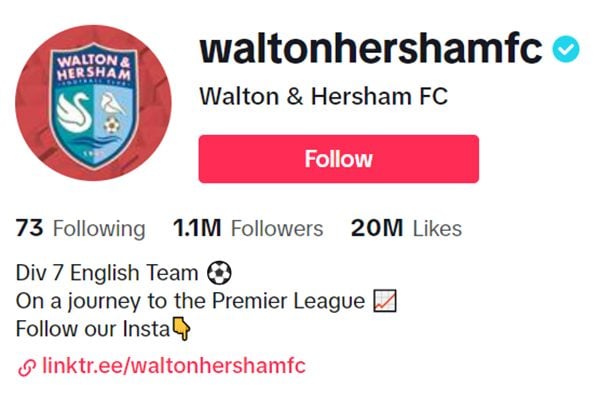With the Fifa World Cup football matches underway, Quinyx a workforce management technology specialist warns that staff may bunk off work to watch key football matches or, if a match goes the right way, be a bit under the weather or simply not show up for work the next day.
Quinyx calculate that the 2014 World Cup saw 131 million UK working days lost as people bunked off work or stayed up late to celebrate (or commiserate) England’s performance and missed work the next day. The England versus Wales game during the 2016 Euros cost the UK economy an estimated £269 million alone in unauthorised leave.
The best advice is to be realistic and plan as much as you can around matches. At least set expectations for staff and let them know in advance when they can book days off and when unexplained self inflicted leave or absence or inability to function at full capacity is unacceptable.
One solution might be to have the matches you’re staff are most keen to watch on the radio or TV if you have one in your warehouse (check you have a licence!). Especially if you’re the boss and you don’t want to miss the match either. Other solutions could involve changing start and finish times and perhaps even joining your staff in the pub to watch the game.
Top tips for managing work around the World Cup football matches
Erik Fjellborg, CEO and Founder of Quinyx has five top tips to enable staff to enjoy the World Cup and you to run your business.
-
Plan in advance
A lot of companies will have the fixtures list on their wall and a lot will run a staff sweepstake. So it can’t be a surprise when England’s games take place. Make sure you’re ready for everyone to be distracted and reschedule the company’s workflow around the matches to ensure you’re not hitting peak demand just when the kick off starts.
-
Have a strong squad
Not everyone will want to watch England versus Panama but for those that do, help them find a colleague to substitute their shifts for them. The important thing is that there’s sufficient resourcing throughout the tournament. Remember, the fixtures list is also a ready-made resource planner.
-
Build your subs bench
Some games might go into extra time. A lot of fans certainly will. Make sure that you’ve identified team members that are willing to step in at short notice if ‘football fever’ strikes at short notice and absences spike suddenly. Make sure you get their permission to contact them – and keep their contacts close to hand in case you’re suddenly short of staff.
-
Football takes us home
The UK workforce is one of the most multicultural in the world. Remember that Poland versus Senegal or France versus Australia will be huge for expats and a massive reason to get together. Factor this in and be considerate to other nationalities and use this to help to reschedule your international teams so that you’re covered throughout the tournament.
-
Leftfield sectors are set to score
People inevitably flock to pubs, bars and restaurants to watch the game with fellow fans. So venues should expect to be busier than usual and plan extra support during matches. But sectors such as retail shouldn’t be fooled into thinking they’re in for a quiet spell. The 2012 Olympics was a prime example of shoppers taking the opportunity to enjoy some retail therapy in a less busy environment while the die-hard supporters were glued to their screens.
“We always seem to sleepwalk into resource issues during each World Cup when we know people will be distracted or won’t turn up after big games. On a ‘normal’ day a manager’s biggest challenge is getting the right people in the right roles at the right time. During the World Cup this can be an even bigger headache so it’s important that businesses have a flexible plan and the ability to quickly substitute and mobilise their teams.”
– Erik Fjellborg, CEO and Founder, Quinyx









